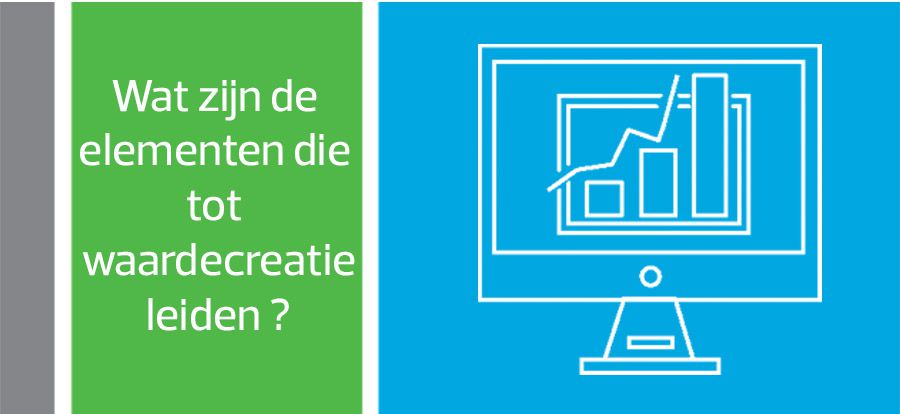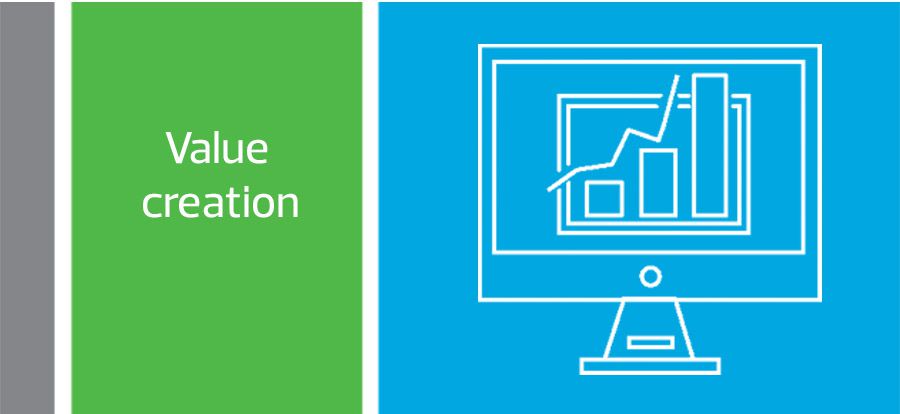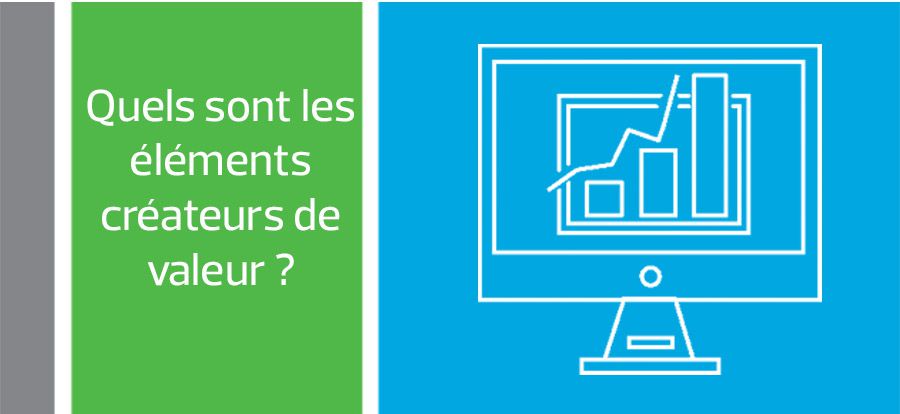


This is best viewed from the perspective of the potential acquirer.
Demonstrating year after year that the operational result (EBITDA) is at least stable and preferably rising, gives great comfort to the potential buyer. This makes future results to a certain extent predictable.
It is with the surplus cash, that the business generates every year, that the acquirer can reimburse the investment. The higher the annual excess cash position, the higher the acquisition price can be.





